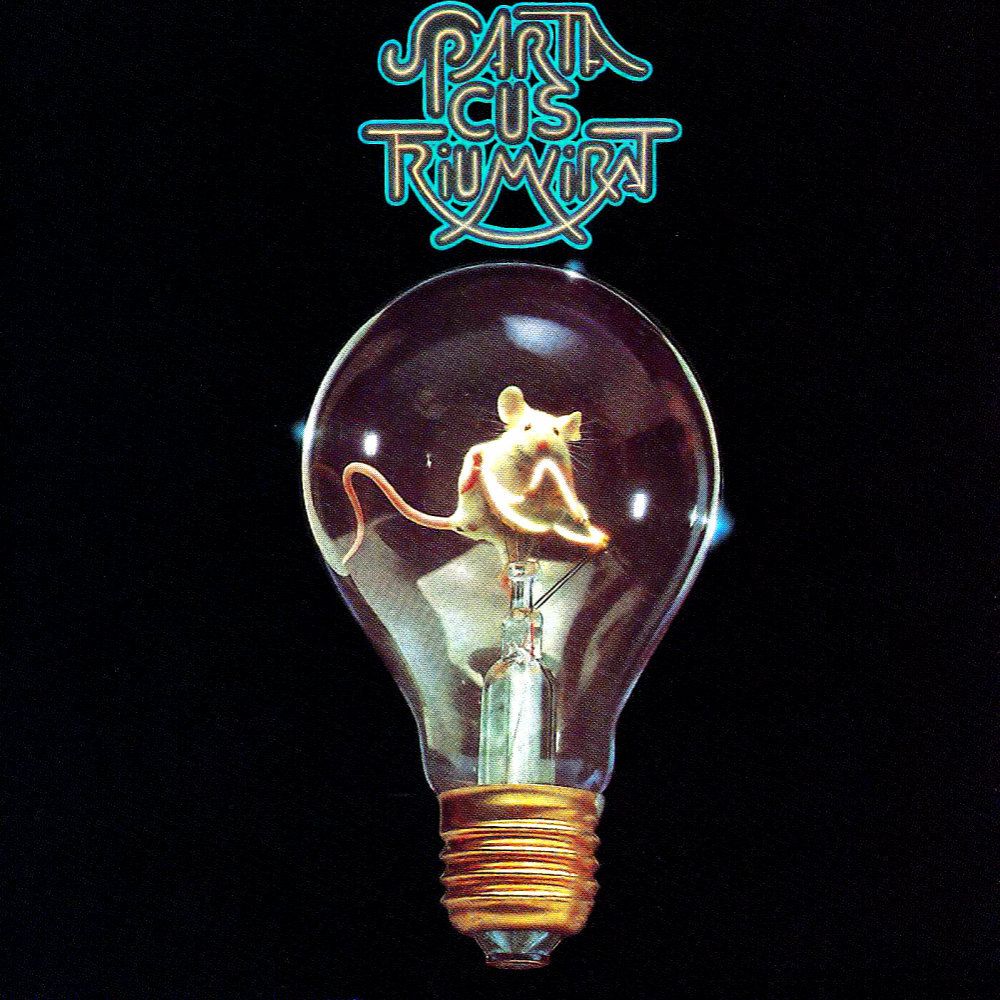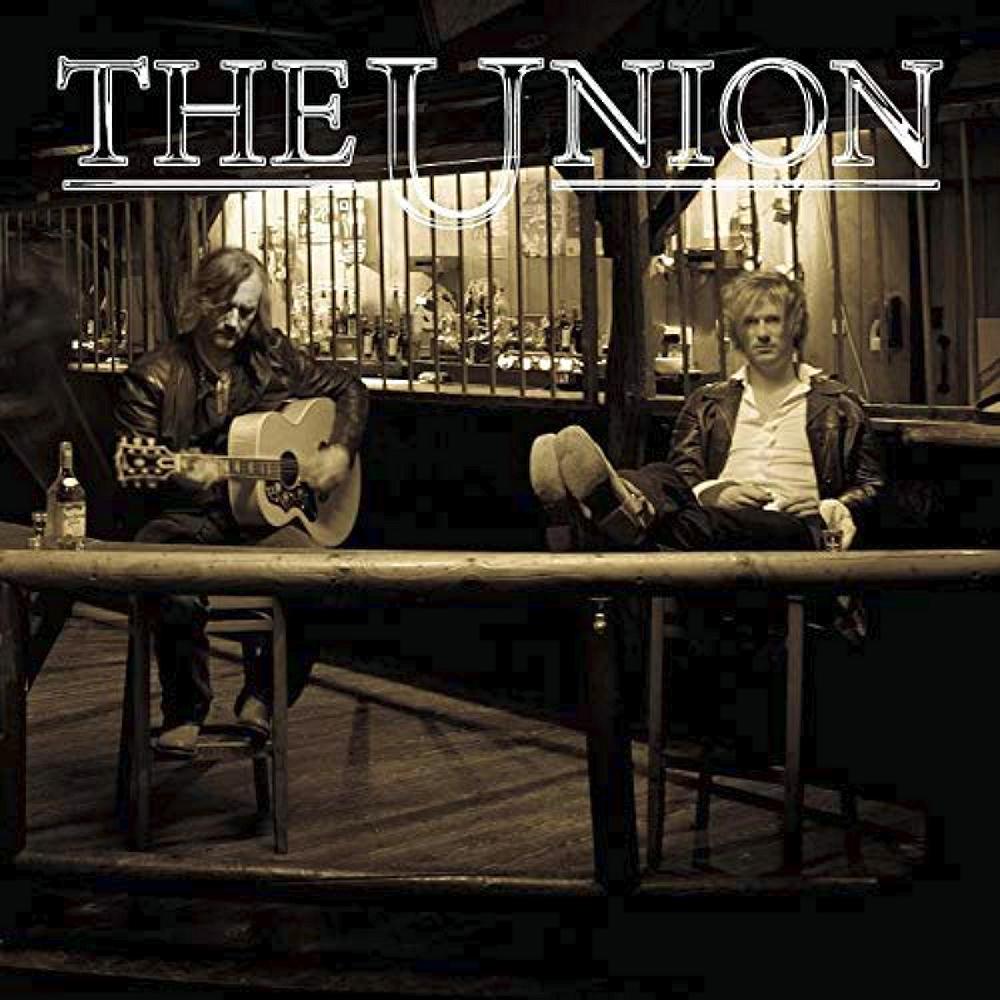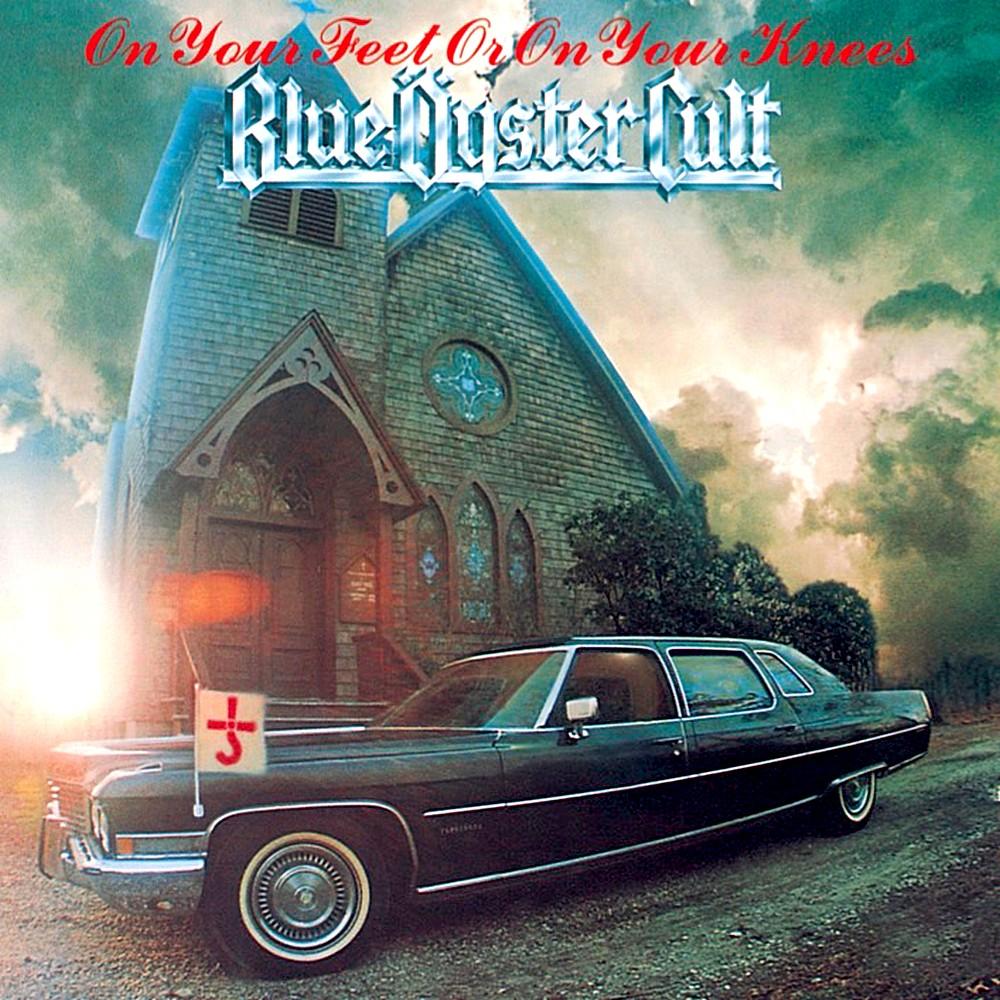
Album Information:
Album ID: 10449
About Triumvirat:
Triumvirat was a German progressive rock band formed in 1969. The band members were: keyboardist and vocalist Helmut Köllen, drummer Hans Bathelt, and keyboardist and vocalist Jürgen Fritz. The band's name is derived from the term 'triumvirate,' meaning a group of three people who share power.
Triumvirat's music was heavily influenced by classical music, particularly the works of Johann Sebastian Bach and Ludwig van Beethoven. The band's sound featured intricate keyboard arrangements, complex time signatures, and virtuosic instrumental performances.
Triumvirat released their debut album, 'Mediterranean Tales,' in 1972. The album was well received by audiences and critics alike and established the band as a force within the progressive rock scene. Their subsequent albums, including 'Illusions on a Double Dimple' (1974) and 'Old Loves Die Hard' (1976), also received critical acclaim.
Despite their success, Triumvirat struggled to maintain a stable lineup. In 1977, Köllen left the band due to creative differences with Fritz. Bathelt also left the band shortly thereafter. Fritz continued to perform and record under the Triumvirat name with various musicians, but the band's popularity waned in the late 1970s and early 1980s.
Triumvirat disbanded in 1980, but their influence on the progressive rock genre continued to be felt for many years. Their intricate keyboard arrangements and virtuosic instrumental performances inspired many other artists in the genre.
Today, Triumvirat is remembered as one of the most innovative and influential progressive rock bands of the 1970s. Their complex compositions and virtuosic musicianship continue to inspire and captivate fans of the genre.
About the album Spartacus:
Spartacus is a progressive rock album released by the German band Triumvirat in 1975. The album consists of nine tracks and has a total runtime of 43 minutes and 52 seconds.
The album begins with the title track, 'Spartacus,' which sets the tone for the rest of the album. It is epic in nature and has a theatrical quality to it, with its use of choir vocals, horns, and keyboards. The song tells the story of the slave who led a rebellion against the Roman Empire and features some of the band's best melodies and arrangements.
The next track is 'The Capital of Power,' a fast-paced piece with intricate guitar and keyboard work. Its lyrics criticize the modern world's dependence on technology and the prioritization of power over human values.
'Bloodsucker' follows, a hard-hitting track with a heavy bass and drumline. Its lyrics are a metaphor for the parasitic nature of some human relationships.
'Kobe' is an instrumental track that showcases the band's virtuosity and musicianship. It features some of the most intricate keyboard work on the album and creates a peaceful and tranquil atmosphere.
“Whisper” is a quiet and mellow track that takes the listener through a journey full of introspection and reflection. It puts a focus on the importance of taking time for self-examination and finding peace within oneself.
The next track is 'The School of Instant Pain,' characterized by its heavy rhythm guitar riffs and complex keyboard arrangements. It narrates the situation of a person who is being crushed by prevailing circumstances in life.
'Proclamation' begins with a grandiose orchestral introduction, followed by a piano solo. It soon transitions into a more upbeat tempo with stunning guitar riffs and keyboard melodies. Its lyrics tackle the theme of authoritarianism and the power of democracy.
'The Gladiator's Song' is the second instrumental track on the album. This time around, the atmosphere is grim and serious, drawing the listener into the world of ancient Rome. The song is characterized by its slow-tempo intro, which leads to a heartfelt melody and dark atmosphere.
The album closes with 'The Battle,' a thematic song that represents the Spartacus revolt against the Roman Empire and describes the repercussions of the conflict. It concludes the album on a dramatic and powerful note.
Overall, Spartacus is a well-crafted album that showcases Triumvirat's talent for creating intricate and enthralling compositions. It blends heavy rock elements with classical and symphonic elements, creating a unique sound that is still relevant today. The album's themes focus on political, social, and personal struggles, adding depth and meaning to the music.
Members:
Triumvirat was a German progressive rock band formed in 1969. The band comprised three key members who were:
1) Jürgen Fritz (keyboardist): Born on March 22, 1953, in Mannheim, Germany, Fritz was the founding member of Triumvirat. He began playing the piano at the age of six and later attended the Heidelberg Music Conservatory. In 1971, he formed Triumvirat, and the band released their first album, 'Mediterranean Tales' in 1972. Fritz also played a major role in composing and arranging the band's music. After Triumvirat disbanded in 1980, Fritz focused on a solo career and also worked as a session musician.
2) Barry Palmer (guitarist and vocalist): Born on June 21, 1955, in Birmingham, England, Palmer joined Triumvirat in 1977. Prior to joining the band, he played with several other groups, including The Alan Bown Set and Rick Wakeman's band. Palmer contributed as the lead guitarist and lead vocalist in Triumvirat's album 'Old Loves Die Hard.' After Triumvirat disbanded, Palmer moved to Australia and continued to perform as a solo artist.
3) Curt Cress (drummer): Born on December 24, 1952, in Schorndorf, Germany, Cress was also a member of Triumvirat. He started playing the drums at the age of five and later became a renowned studio musician and producer. Cress joined Triumvirat in 1974, and he played on some of the band's most successful records, including 'Illusions on a Double Dimple.' After the band disbanded, Cress continued to work as a studio musician and producer and collaborated with many famous artists such as Scorpions, Meat Loaf, and Michael Schenker.
These three key members were the driving force behind the success of Triumvirat during their time together.
Track List for Spartacus:
Sure, here are all the tracks in the album Spartacus by Triumvirat, listed in order with play time and a detailed description of each track:
1. The Capital of Power - 3:08
This instrumental opening track sets the tone for the album with its bombastic, theatrical style. It features impressive keyboard work and a driving rhythm.
2. The School of Instant Pain - 7:05
This track starts with a slower, more subdued section before building to a faster, more intense pace. It features intricate keyboard melodies and a soaring guitar solo.
3. The Walls of Doom - 4:58
This track has a driving rhythm and a more straightforward rock structure. It features powerful vocal harmonies and a catchy chorus.
4. The Deadly Dream of Freedom - 7:40
This epic track has a more complex structure with shifting time signatures and multiple movements. It features haunting vocal melodies and intricate instrumental passages.
5. The Hazy Shades of Dawn - 3:08
This short instrumental track features atmospheric keyboard sounds and a haunting melody. It serves as an interlude between the two longer tracks.
6. The Burning Sword of Capua - 8:47
This track has a more progressive structure with multiple sections and changes in tempo. It features impressive keyboard work and a powerful vocal performance.
7. The Sweetest Sound of Liberty - 7:46
This closing track has a more grandiose style with a full orchestral arrangement and choral vocals. It serves as a triumphant conclusion to the album's themes of struggle and liberation.
Overall, Spartacus is a highly theatrical and ambitious album that blends elements of classical music, progressive rock, and heavy metal. Its epic themes and complex arrangements make it a standout in Triumvirat's discography.
Discography for Triumvirat:
Sure, here's a complete discography for the artist Triumvirat in chronological order, including all albums, all singles, and all other releases with their respective release dates:
1. Mediterranean Tales (1972)
2. Illusions on a Double Dimple (1974)
3. Spartacus (1975)
4. Old Loves Die Hard (1976)
5. Pompeii (1977)
6. A la Carte (1978)
7. Russian Roulette (1980)
8. The Best of Triumvirat (1989)
9. The Compact Mixes (1995)
10. Website Story (1999)
11. Live at the Capital Centre (2001)
12. The Website Story Live (2003)
13. The Vinyl Collection (2019)
Singles:
1. 'Broken Mirror' / 'Be Home for Tea' (1971)
2. 'Dancer's Delight' / 'Timothy' (1972)
3. 'The Capital of Power' (Part 1) / 'The Capital of Power' (Part 2) (1975)
4. 'Party Life' / 'Late Again' (1977)
I hope this helps!


 Last Played: 11/01/24 10:30 AM
Last Played: 11/01/24 10:30 AM Last Played: 11/01/24 10:21 AM
Last Played: 11/01/24 10:21 AM